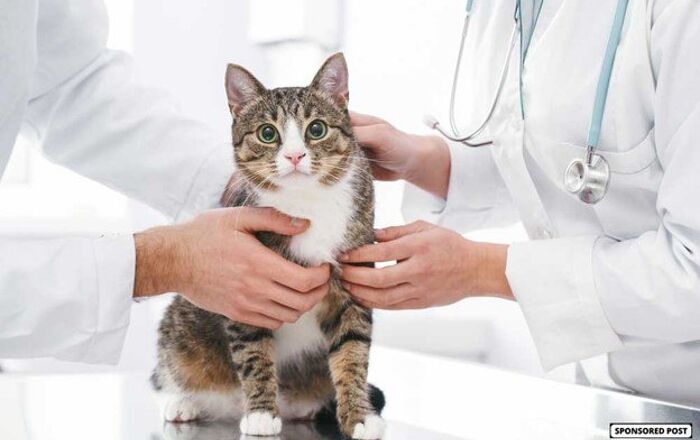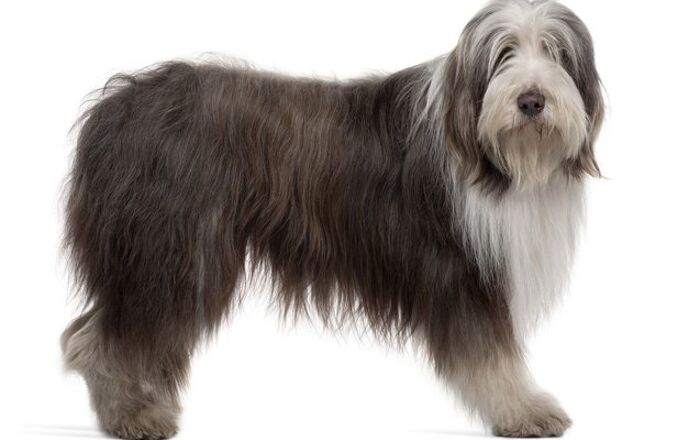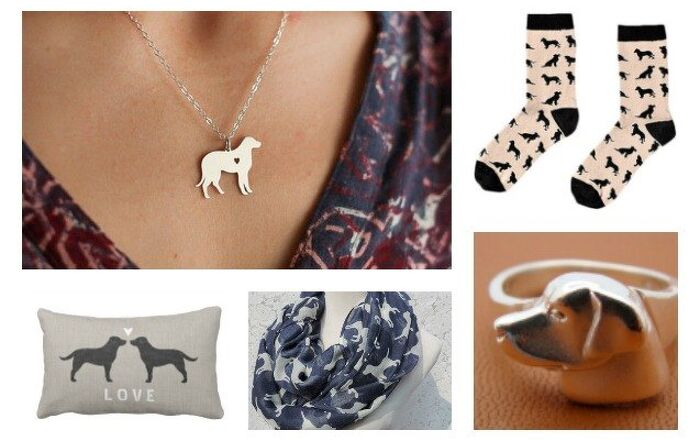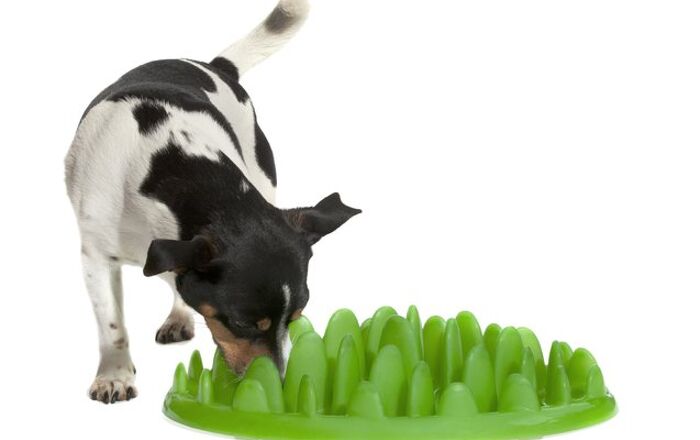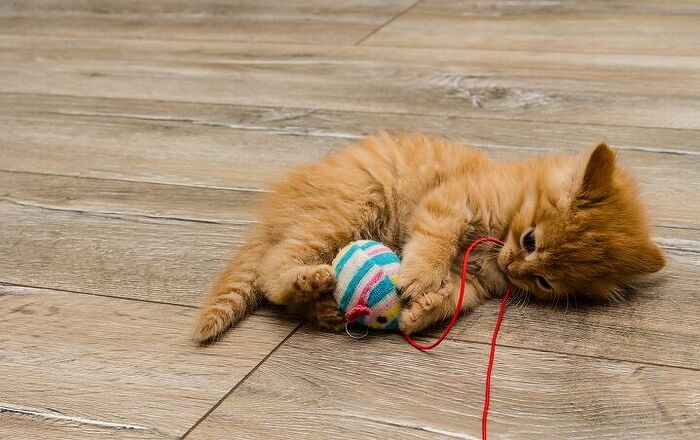
Keeping fleas of your cat is vital – but should you be using flea medications? Before you make a decision, keep these factors in mind.
Keeping fleas off of your cat is important, but taking the time to read the ingredients in a flea medication before administering it to your pet is key. The wrong ingredients may cause a cat to become seriously ill, and some cats have died as a result of exposure to the wrong flea products.
What are some of the ingredients to avoid when you want to keep your kitty flea-free? Check out the information below to learn more, and consult with your veterinarian for personalized tips on how to keep parasites at bay while keeping your pet safe and healthy.
According to the NRDC, flea collars, in particular, might contain potentially dangerous ingredients, such as carbaryl, propoxur, and tetrachlorvinphos. If you’re thinking about using a flea collar on your cat, read the label carefully, and if you see those ingredients, put the collar back on the shelf to avoid the risk of it causing harm to your pet.
Related:Top 4 Most Common Cat Allergies
The same precautions should be taken with flea shampoos, as they may contain the same potentially harmful ingredients that are found in collars and spot-on treatments. Side effects, including allergic reactions, might occur after using a flea shampoo, so it’s wise to keep that in mind as you shop for the right product.
The NRDC recommends being wary of products that fight both fleas and ticks because they may contain toxic ingredients. They advise against the use of pyrethrins, fipronil, dinotefuran, and imidacloprid.
Ingredients from the pyrethroid and pyrethrin family shouldn’t be used on cats. Therefore, in addition to permethrin, experts recommend avoiding ingredients like allethrin, cypermethrin, cyphenothrin, and deltamethrin, as these are all common names for pyrethroids.
Other ingredients that should be approached with caution include organophosphate insecticides, which are also known as OPs. An example is tetrachlorvinphos, mentioned above. Also be careful with carbamates, which are commonly found in flea and tick products. If you check an ingredients list and you see the words propoxur or carbaryl, it means that the product has a carbamate.
In your search for the ideal flea product for your feline, you might have come across some products that are touted as natural alternatives to the chemical-based options that are out there. But, again, it’s best to use these products with caution. Many contain essential oils, which might be harmful to cats. Ingredients like citrus oil, peppermint oil, tea tree oil, and cinnamon oil, as a few examples, might seem innocent enough, but these are considered toxic to cats, according to the Pet Poison Helpline.
When it comes to preventing a flea infestation or getting rid of one, it’s all about taking the safest route possible, and only using products that are designed specifically for cats (not dogs). Beyond keeping the tips above in mind, your veterinarian can give you valuable advice with regards to what products are deemed the least dangerous for felines. The products that may be recommended to you might even depend upon the risk of an infestation or the severity of a current infestation, so it’s best to talk to your vet about the best option if you aren’t entirely sure of what path to take.
If you’ve administered any type of flea medication to your cat and side effects occur, contact your veterinarian or an emergency veterinary clinic immediately. The sooner you can get your kitty the help she needs, the better.


